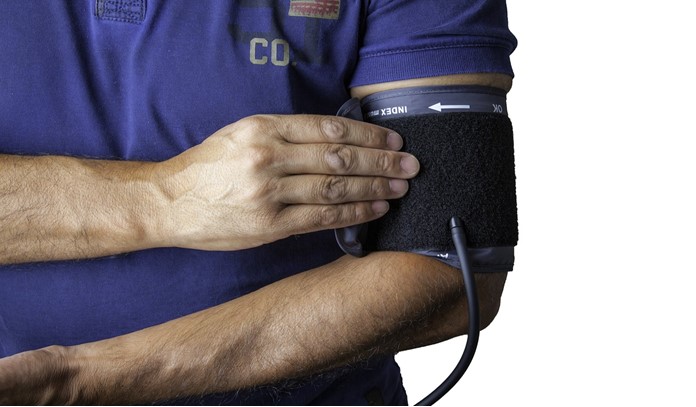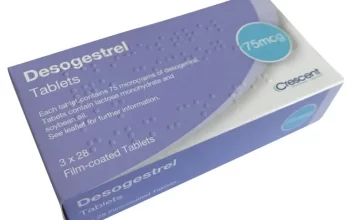Have you ever read your Blue Cross Blue Shield Service Benefit Plan? Have you carefully studied the summary of benefits listed in the back of the brochure? If you are looking for quality health insurance, you might be surprised at how wide a scope its network coverage provides. It is a benefit to understanding how inpatient, outpatient and emergency benefits apply.
1. Drug Rehab
Does Blue Cross Blue Shield cover drug rehab? It is a question that comes up often. BCBS policies cover room and board, diet and ancillary expenses for confinement regardless of in a hospital setting or a treatment facility. Based on policy standards, insurers have access to participate in standard or basic plans that cover an unlimited number of treatment days, semi-private rooms and specialized therapy services. BCBS also includes treatment that ranges from medical, mental health or substance abuse care, which elevates the level of quality care a patient has access.
After-care should also be of concern since sobriety is a lifelong commitment, which should be of importance when choosing an insurance plan. Part of BCBS’s plan requires treatment facilities to provide a case plan for every patient which documents short and long-term treatment goals. It is incredibly useful for patients who experience a relapse as families know what to do when in crisis. BCBS also provides counseling for substance abuse or behavioral health issues using teleconsultation, which means that your family has access to sobriety-related professional help.
2. Pre-existing Conditions
Nearly 50 percent of Americans have a pre-existing condition. As many as 23 million Americans have insurance today that covers pre-existing conditions thanks to the Affordable Care Act (ACA). As a policy, BCBS does not prevent treatment for pre-existing conditions. As a patient, you are also not subject to higher co-pays for conditions like diabetes, cancer, anxiety or autoimmune disorders.
3. Minimum Essential Coverage
Do you know if your policy includes minimum essential coverage? Minimum essential coverage (MEC) plans provide benefits under the Patient Protection section of the ACA. Do you know that these benefits are? Generally, employer, individual and government plans are considered MECs. Blue Cross Blue Shield provides at least 60 percent of the expenses for essential health benefits like annual health care checkups and dental care for children.
Two BCBS policies differentiate coverage. The standard option offers access to both in-network and out-of-network providers. Your co-pays are lower, of course, when you select a preferred BCBS provider. There is a deductible, but co-pays are $25 for office visits and only $35 for specialty care. You also have access to a preferred pharmacy program, prescription mail service and specialty drug accessibility.
The Basic Option lacks an annual yearly deductible. Co-pays are $30 for primary care and $40 for specialty care. Members also do not have to seek a referral for specialists. You need to see preferred medical providers to access your benefits. This plan also comes with a pharmacy and specialty drug program that will be helpful to patients.
It is best to evaluate your needs before deciding on a policy. BCBS provides specialty services like drug rehab, mental health and annual check-ups that promote well-being.














